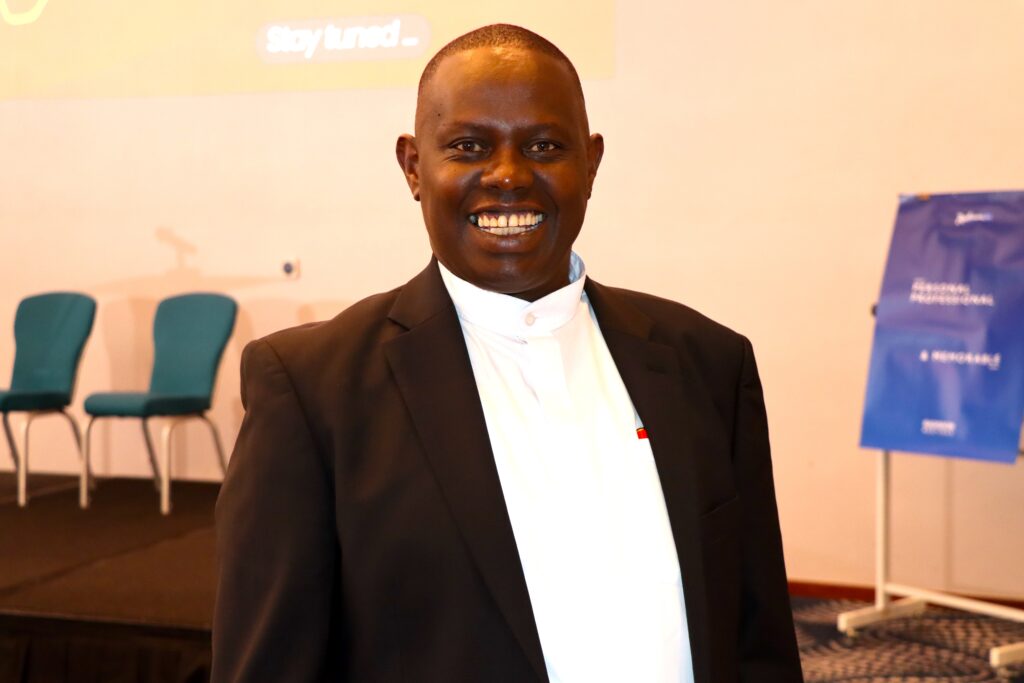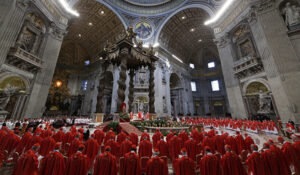AMECEA: Fr. Igweta: “Debt Forgiveness is a Moral Imperative, Not Just a Financial Issue”

Fr. Paul Igweta
Sr. Henriette Anne, FSSA
At the launching of Debt Cancellation Campaign by Zambia Conference of Catholic Bishops (ZCCB), at Kapingila House in Lusaka, Zambia, from 28th – 31st January 2025, Fr. Paul Igweta the Coordinator of the Integral Human Development at Association of Members Episcopal Conference in Eastern Africa (AMECEA) told the participants to recognize that “debt forgiveness is not just a financial issue; it is a moral imperative tied to justice, human dignity, and the common good”.
This was after the launch of the Jubilee Year 2025 by Pope Francis, which calls for a renewed commitment to economic justice and debt forgiveness worldwide and is deeply rooted in the scriptural call for mercy, (Leviticus 25:1-8) justice and the renewal of communities.
Explaining the relationship between debt conciliation and Jubilee year from the Bible perspective, Fr. Igweta said that Jubilee was chosen to reflect then Biblical tradition where debts were forgiven every 50 years, which is a jubilee year, where people were freed from the financial burdens symbolizing a fresh start.
In his presentation during the launching, Fr. Igweta reminded the participants that Pope Francis has called for debt forgiveness and restructuring to alleviate the financial burdens on the developing nations.
The Kenyan Cleric emphasized that the continent urgently needs a new debt Jubilee that will bring the planet back from the brink of becoming uninhabitable.
“We urgently need a new debt Jubilee to bring hope to humankind, and to bring the planet back from the brink of becoming uninhabitable”.
According to Fr. Igweta, debt relief is necessary since it will give opportunity to most African nations to invest in essential areas because nations have agonizing choices of should they pay off foreign creditors or invest in their own people, with over $90 billion allocated annually to servicing debt, and therefore essential services such as education, healthcare, and infrastructure remain underfunded.
“Debt relief would provide these nations with the opportunity to invest in essential areas like education, healthcare, infrastructure, and poverty alleviation”.
Fr. Igweta further called upon the Church to continue advocating for a fairer global economic system that addresses resilience and sustainable development, involving in pushing for trade justice where international trade agreements do not exploit poor countries, pushing for global trade reforms that ensure fair access to markets, protection for local industries and finally advocating for reduction of unfair subsidies for rich nations.
He noted that promoting ecological justice as part of debt relief campaigns aligns with the Church’s teachings on caring for creation and supporting vulnerable populations in the face of environmental degradation and urged the Church to draw intersection between debt relief and climate crisis and to countries that are both deeply in debt and vulnerable to the impacts of climate change.


